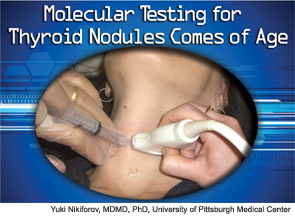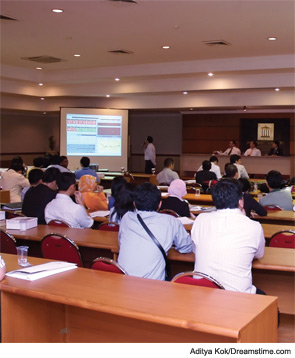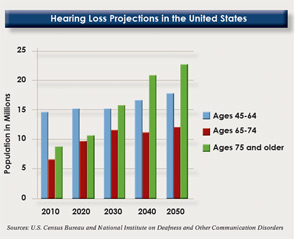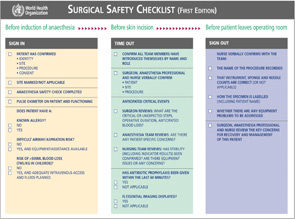For years, thyroid nodules have been evaluated using fine needle aspiration (FNA). For most patients, this approach works reasonably well. But what about the roughly 30 percent of thyroid nodules characterized as having “indeterminate” cytology?



Employing cloud computing in a medical practice can result in significant cost savings, among other advantages. There are also significant risks that each health care organization must face when transitioning to cloud-based hosting.

Whether you’ve given hundreds of presentations throughout your medical career or are preparing for your first conference presentation or lecture, there’s always room for improvement when it comes to professional speaking.
While surgical fires are exceedingly rare they can have devastating consequences. The FDA and a coalition of health care providers recently launched the Preventing Surgical Fires Initiative to help physicians manage the risk of surgical fire.
Four tips for setting up an adverse-event reporting program for the solo or small-group practitioner
Four tips for improving safety programs in hospitals.

A 27.4 percent Medicare cut was scheduled to begin Mar. 1.

A subsidiary of UnitedHealth Group has launched an online hearing test and a line of lower-cost hearing devices that are generating alarm about patient safety among otolaryngologists.
